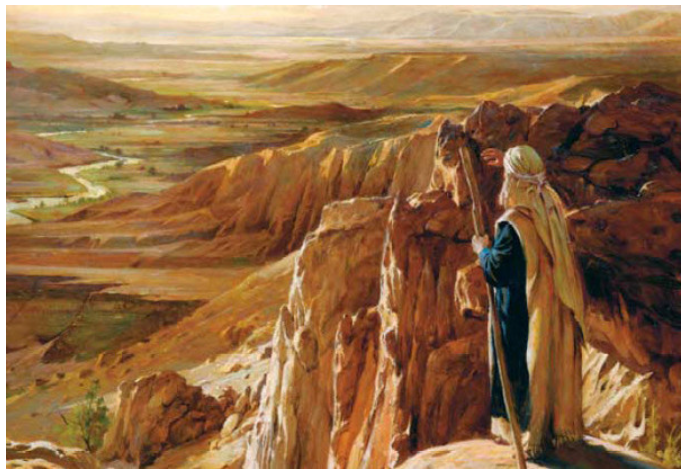There’s no tale of collective Jewish history, of Jewish peoplehood, more telling than the story of the Exodus from Egypt, a story most Jews will recount at their Passover seders tomorrow night.
This year, as I prepared for that lovely long evening of family, food, discussions and learning, I came across a speech David Ben-Gurion gave at the Peel Commission in 1937, a commission tasked with exploring a possible partition of Mandatory Palestine between Jews and Arabs. During that speech, he said the following:
“Three hundred years ago, there came to the New World a boat, and its name was the Mayflower. The Mayflower’s landing on Plymouth Rock was one of the great historical events in the history of England and in the history of America. But I would like to ask any Englishman sitting here on the commission, what day did the Mayflower leave port? What date was it? I’d like to ask the Americans: do they know the date the Mayflower left port in England? How many people were on that boat? Who were their leaders? What kind of food did they eat on the boat?
READ: FAMILY SEDER A TRADITION FOR MORE THAN 65 YEARS
“More than 3,300 years ago, long before the Mayflower, our people left Egypt, and every Jew in the world, wherever he is, knows what day they left. And he knows what food they ate. And we still eat that food every anniversary. And we know who our leader was. And we sit down and tell the story to our children and grandchildren in order to guarantee that it will never be forgotten.”
As I read of “every Jew in the world, wherever he is,” I couldn’t help thinking of the miraculous modern-day exodus that has brought millions of Jews to Israel from around the globe.
Israel today has the largest Jewish population of any country on earth. Nearly 43 per cent of all Jews live here, compared to 40 per cent living in the United States and 2.7 per cent in Canada, whose 385,000 Jews comprise the world’s fourth-largest community.
But preparing to sit down to retell the story of the Exodus, I worry about the continued link between Israel and the world’s Jews, especially those progressive Jews – Reconstructionist, Reform, Conservative, Renewal – who constitute a significant segment of the present Diaspora, but whose Judaism continues to be treated as second- and third-rate by the Jewish state, the only western democracy where not all Jews are equal.
As an Israeli Reform Jew (and deputy chair of the Israel Movement for Reform and Progressive Judaism), I’m proud of our ever-growing movement – tens of vibrant congregations led by strong lay leaders and Israeli-trained Reform rabbis, educational programs, a youth movement, social justice arm and much more – all testimony to the growing numbers of Israelis who understand there’s more than one way to be Jewish.
This winter has been a veritable roller-coaster.
After several years of negotiations, Prime Minister Benjamin Netanyahu’s government made a historic decision to develop a section of the Western Wall for egalitarian prayer, allowing progressive Jewish movements to be partners in administering that segment of the Wall.
Furthermore, our Supreme Court, the unrelenting beacon of Israel’s democracy, issued two important rulings. One stipulated that public mikvahs – ritual bathhouses – must be opened to Reform and Conservative converts. The other said the state must recognize Orthodox conversions even if they weren’t performed by the official rabbinate.
READ: THE EVOLUTION OF THE HAGGADAH: A COLLECTOR’S PERSPECTIVE
Weeks after those landmark decisions, Netanyahu got cold feet. Fearing his narrow coalition would collapse, he bowed to haredi pressure, opening the Western Wall agreement for re-examination. Meanwhile, his haredi cohorts are initiating legislation meant to circumvent the Supreme Court’s rulings.
At the seder, we’ll recite that in every generation, each person must regard him/herself as if he/she had come out of Egypt. While we have miraculously arrived in the Land of Israel, there’s much more to be done before we reach the Promised Land.
